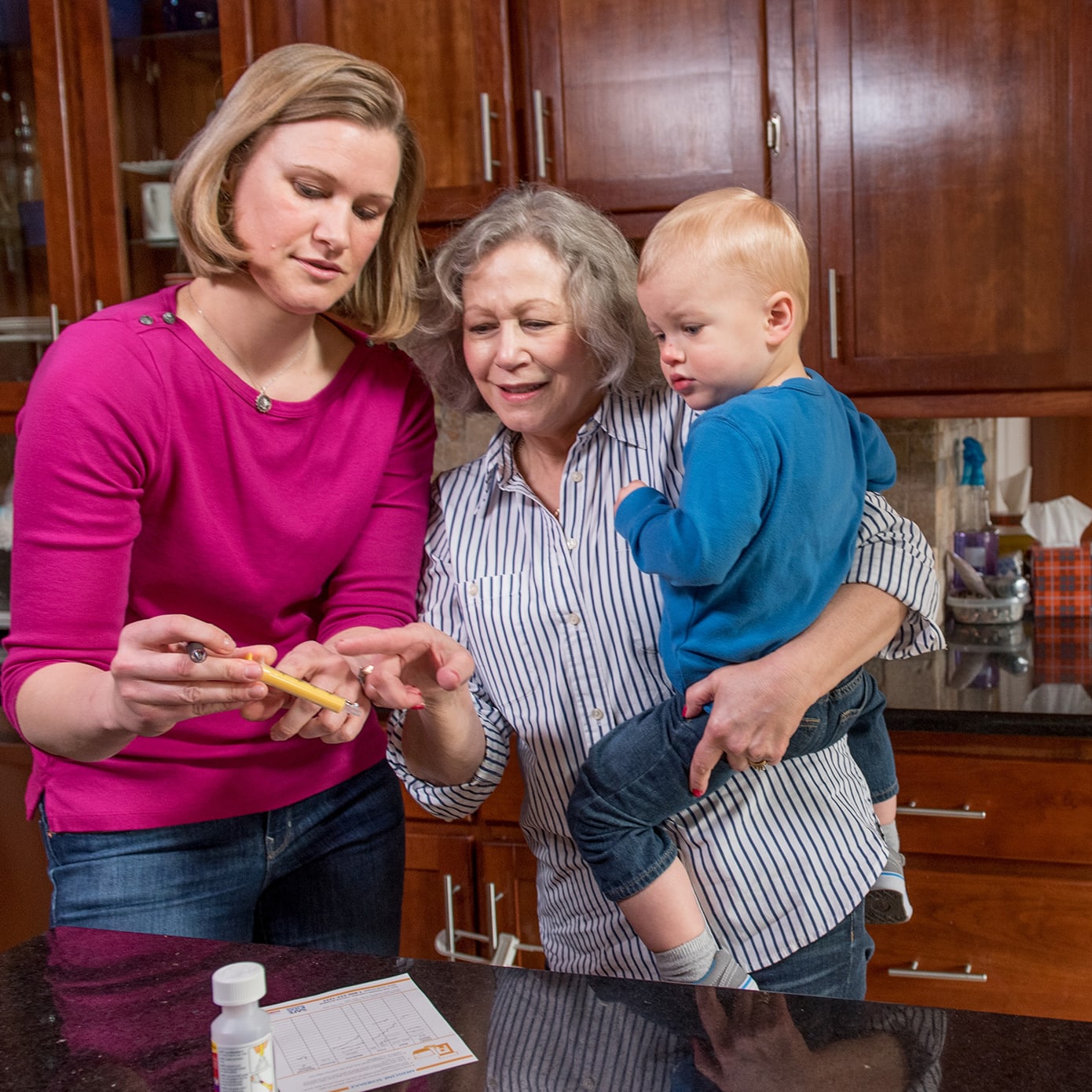Safe Kids Northeast Florida
THE PLAYERS Center for Child Health at Wolfson Children’s Hospital is the lead organization for Safe Kids Northeast Florida.

Every parent wants their children to grow up healthy and strong in the place where they deserve to feel safest: at home. The good news is that there are simple and easy steps that families can take to protect their children.
Safe Kids Northeast Florida works in the community to prevent unintentional injuries in children. Think of us as your go-to source for safety information.
THE PLAYERS Center for Child Health at Wolfson Children’s Hospital is the lead organization for Safe Kids Northeast Florida.

Advocating for children is the most important part of our mission. Through THE PLAYERS Center for Child Health at Wolfson Children’s, we reach beyond the walls of the hospital to promote safe and healthy childhoods for all kids in our region.
Useful tips to prevent falls, poisoning, burns, scalds, drownings and more.
Use this list and go room by room to check all the areas of your home.
THE PLAYERS Center for Child Health at Wolfson Children’s Hospital is the lead organization for Safe Kids Northeast Florida.
Every 45 minutes, a child is sent to the emergency room due to a TV tipping over. Learn how to secure your TV to prevent injury.
We partner with Jacksonville Fire and Rescue Department and Firehouse Subs to spread the word about fire safety in our community. Qualified families can get a free smoke detector or the batteries in an existing device replaced, by calling 904-630-CITY (2489).
Parents and grandparents can get busy with the daily demands of life and easily forget medicine dangers lurking in the home, but there are things you can do to keep children safe from harm.
We need to take extra precautions when kids are in an environment where guns are present. Here are some things you need to know about keeping kids safe around guns.
As young children develop, they often learn by touch and by putting things into their mouths. Every three hours a child is treated in an emergency room after swallowing a button battery, but there are few things you can do to keep batteries where they belong.
Liquid laundry detergent packets are designed to dissolve in water, so when they come in contact with a child's wet hands or mouths, they start to dissolve and might release the concentrated liquid. A few simple steps can help avoid poisoning.
This video series provides simple, step-by-step instructions to help families of children with physical, developmental or cognitive disabilities stay safe in the home.